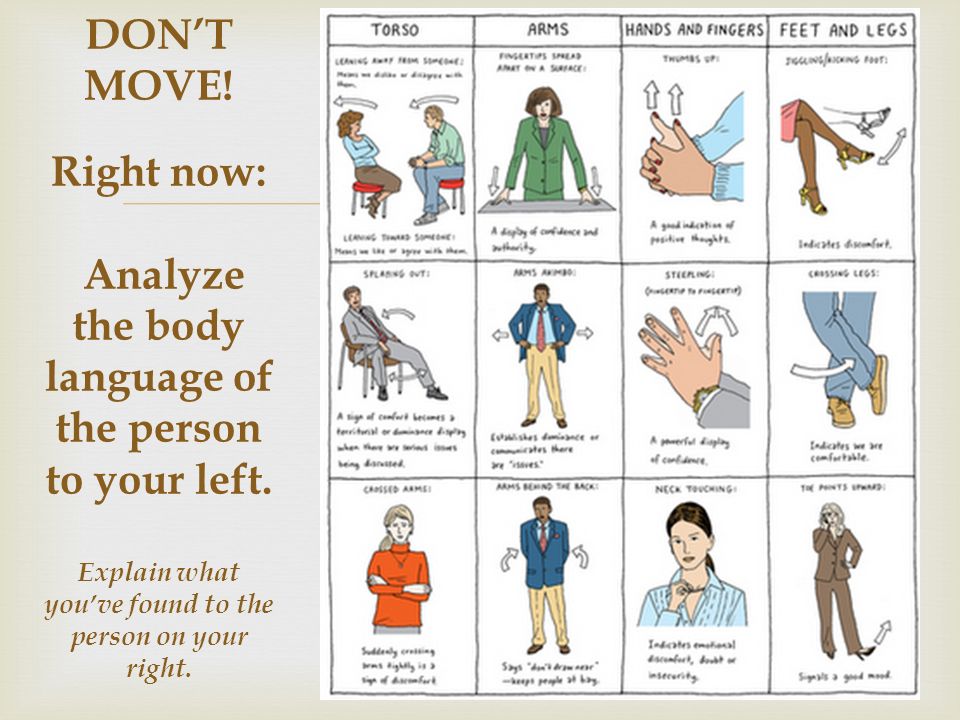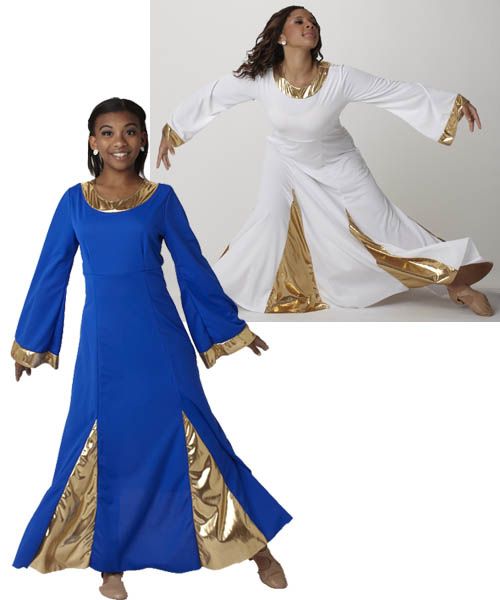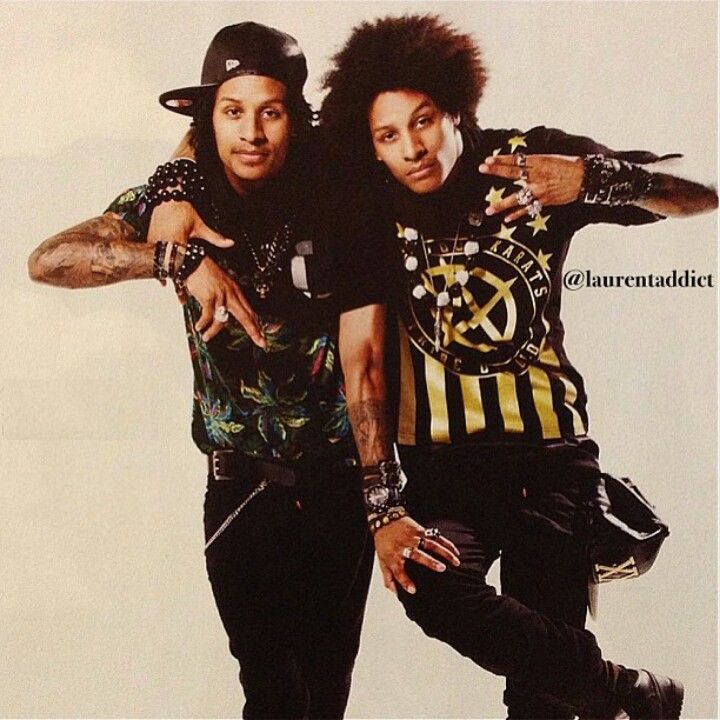How to say dance in hebrew
Karar, Dance before the Lord – I Love Praise and Worship
Did you have a great week? Going to church this Sunday, will you express one of the new Hebrew words learned on this blog? Especially one you have never done before? I would love to hear about it. Please let me know. If this is your first time with us, not to sorry. I normally do a review, if you can not wait click here.
Praise Reports are good! They encourage others in their walk of faith, so let me hear from you, or write in the comment area OK
Let’s praise the Lord right now:
Rejoice in the power of Jesus’ Name
Oh, Glory! H a l l e l u j a h !
You never Change (Hebrews 13:8). Amen!
Now you can continue…you do not need me to help with your praise. Do need some help? You have 5 seconds to get enthusiastic about praising your Lord and Savior. Get your praise on, 1…2…3…4…5…
Hala, H a l l e l u j a h ! Tehillah, sing unto the Lord!
Towdah, even if you don’t feel like it. It’s not in your feeling. It’s not called a sacrifice for nothing. Taqua’, get up and move, dance, if you feel lead too!
There are endless opportunities for praise. Take advance of every one- lift of hands, sing, clap your hands, leap of joy, shout, etc.
What about Dancing with All Your Might?
There are many expressions you can do to show God your love for Him.
For example, do you remember King David? He is known for dancing with all his might before the Lord. Let read Samuel 6:12-16:
“And it was told King David, saying, The LORD hath blessed the house of Obededom, and all that pertaineth unto him, because of the ark of God. So David went and brought up the ark of God from the house of Obededom into the city of David with gladness.
And it was so, that when they that bare the ark of the LORD had gone six paces, he sacrificed oxen and fatlings.
And David danced before the LORD with all his might; and David was girded with a linen ephod.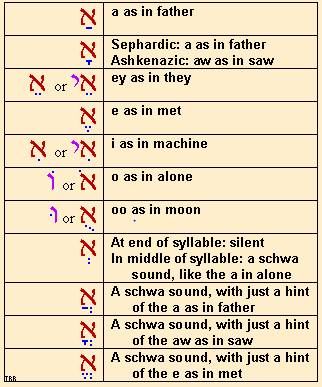
So David and all the house of Israel brought up the ark of the LORD with shouting, and with the sound of the trumpet.
And as the ark of the LORD came into the city of David, Michal Saul’s daughter looked through a window, and saw King David leaping and dancing before the LORD; and she despised him in her heart.”
Watch these Kids dance for the Lord from youtube than come back:
When the Spirit of Lord by Fred Hammond
Everyone naturally loves to dance, sing, and make noise. Why can’t this be done in church? OOH! What are people going to think of me, if I dance in church service? Many people are hindered because of pride. They cannot give a sacrifice of praise unto the Lord, and are acting just like Michal.
King David’s love for God far out-weighed pleasing men, and caused him to separate himself from pride, and dance like a crazy man.
In order to overcome this negative thinking, we must follow the example set by King David. King David praised God by “dancing with all his might”.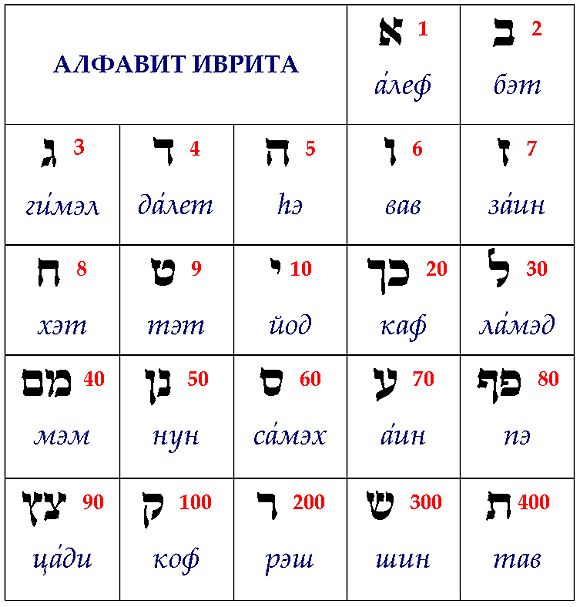 You too can dance before the Lord! Trust me, I know. When you let go, and let God move in your soul, your body, and your spirit – your expression will come forth! You will feel free like never before. Free to sing! Free to dance! Free to be you!
You too can dance before the Lord! Trust me, I know. When you let go, and let God move in your soul, your body, and your spirit – your expression will come forth! You will feel free like never before. Free to sing! Free to dance! Free to be you!
There is liberty in Christ Jesus, and we will read it right now. I believe it is very important. Let’s read in the Message Bible, 2 Corinthians 3:17-18:
” And when God is personally present, a living Spirit, that old, constricting legislation is recognized as obsolete. We’re free of it! All of us! Nothing between us and God, our faces shining with the brightness of his face. And so we are transfigured much like the Messiah, our lives gradually becoming brighter and more beautiful as God enters our lives and we become like him.”
If you like the King James Version here it is for you:
“Now the Lord is that Spirit: and where the Spirit of the Lord is, there is liberty. But we all, with open face beholding as in a glass the glory of the Lord, are changed into the same image from glory to glory, even as by the Spirit of the Lord.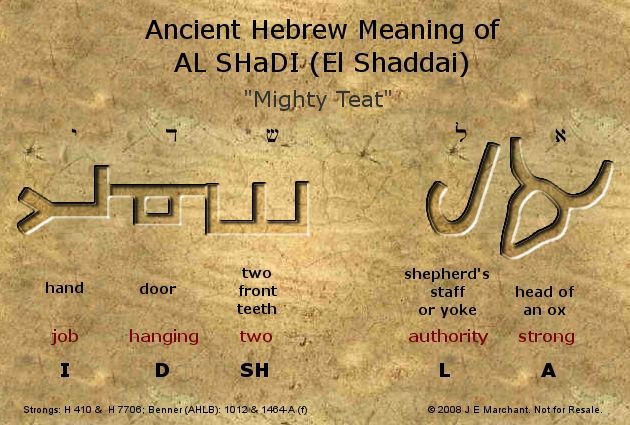 ”
”
You are free to dance, free to run, and free to rejoice! Happy to be you, and walk in God’s purpose will for your life.
To get you going, please watch this youtube video, and come back:
I Am Free by Newsboys
Karar, before the Lord! Praise Him!
Dance is a great way to get you involved in worship service. Instead of just sitting and squirming at church, dance just likes you seen in the congregation. And yes, I’m saying at appropriate times – do things in decencies and in order. Amen! You’re Free today! Walk in Your Freedom.
There is a Hebrew word for dance, and it’s called Karar.
Karar means “to dance and whirl about”. This word is found in 2 Samuel 6:14,16 as shown above about King David. In your studies, read the following scriptures: Judges 21:21, 23; Ps. 30:11; 149:3; 150:4; Jeremiah. 31:4,13.
Before I leave this blog I must address this, some Christians are still opposed to using dance as a ministry, because of what the secular world as done with dance.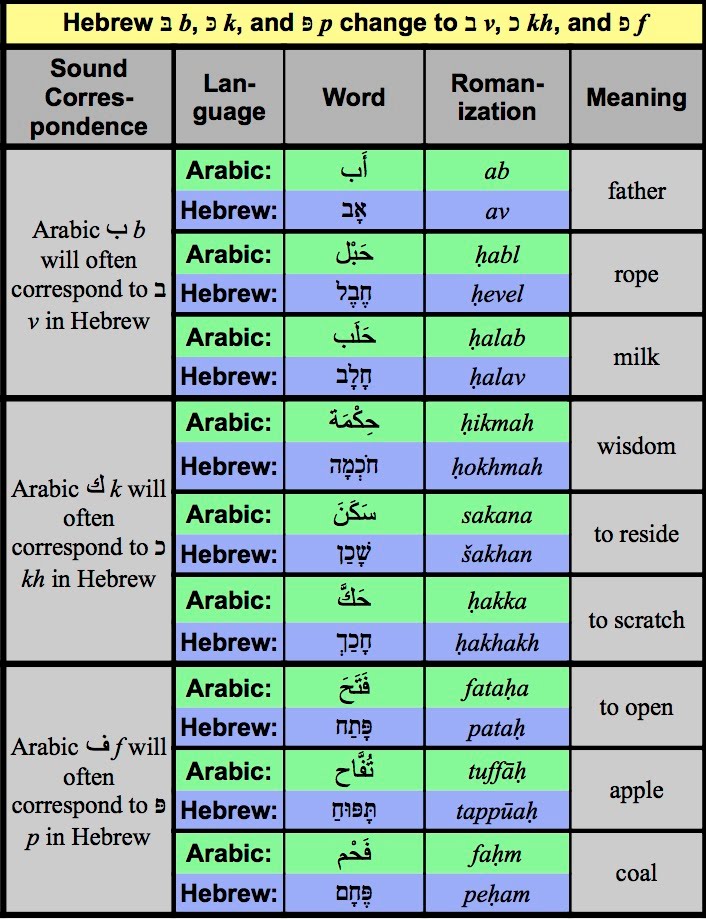 These people do not understand that dance can be a positive tool for praising God. With a strong Christian dance ministry, children of all ages can learn to dance in a wholesome and spiritual setting.
These people do not understand that dance can be a positive tool for praising God. With a strong Christian dance ministry, children of all ages can learn to dance in a wholesome and spiritual setting.
It is very important to continue using dance as a form of worship in order to carry on the tradition that has been documented in the Bible and to continue strengthening spirituality in churches today, or Not! It’s all up to you.
Until next time, continue to be blessed and Praise the Lord!
Subscribe to My Blog!
All bible scripture are from the King James version, unless otherwise expressed.
♥ iLovepraiseandworship.net
Please read terms and conditions, before copying and printing blog article. In general: If you want to use what you learn from my blog articles, pages, and dialogues in communications with people, by all means go ahead. That is what it is for, however there are some terms and conditions to be met first.
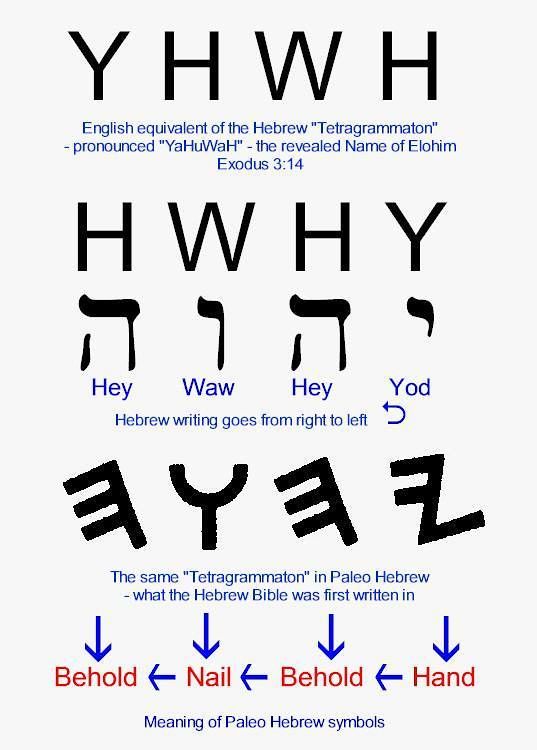
Rate this:
dancing - Translation into Hebrew - examples English
Conjugate this verb form
Suggestions: dance dancing with the stars go dancing tap dancing
These examples may contain rude words based on your search.
These examples may contain colloquial words based on your search.
I like the idea of dancing as a common function.
אני אוהבת את הרעיון של ריקוד כמשהו לשימוש הכלל.
He got to choose because she made him take dancing lessons.
הוא בחר בסוף כי היא הכריחה אותו להשתתף בשיעורי ריקוד.
She's used to dancing with smelly, old people for money.
היא רגילה לרקוד עם אנשים מסריחים וזקנים בשביל הכסף.
It's like dancing with my mother's ironing board.
זה מרגיש כמו לרקוד עם קרש הגיהוץ של אמא שלי.
It takes you around the harbor, dancing under the moonlight.
היא לוקחת אותך סביב הנמל רוקדים תחת לאור הירח.
You parade those things around town like they're dancing bears.
אתה מצעד הדברים האלה ברחבי העיר כאילו הם רוקדים דובים.
We pre-gamed at my crib and went dancing at our favorite bar.
שתינו קודם בדירה שלי ואז יצאנו לרקוד במועדון האהוב עלינו.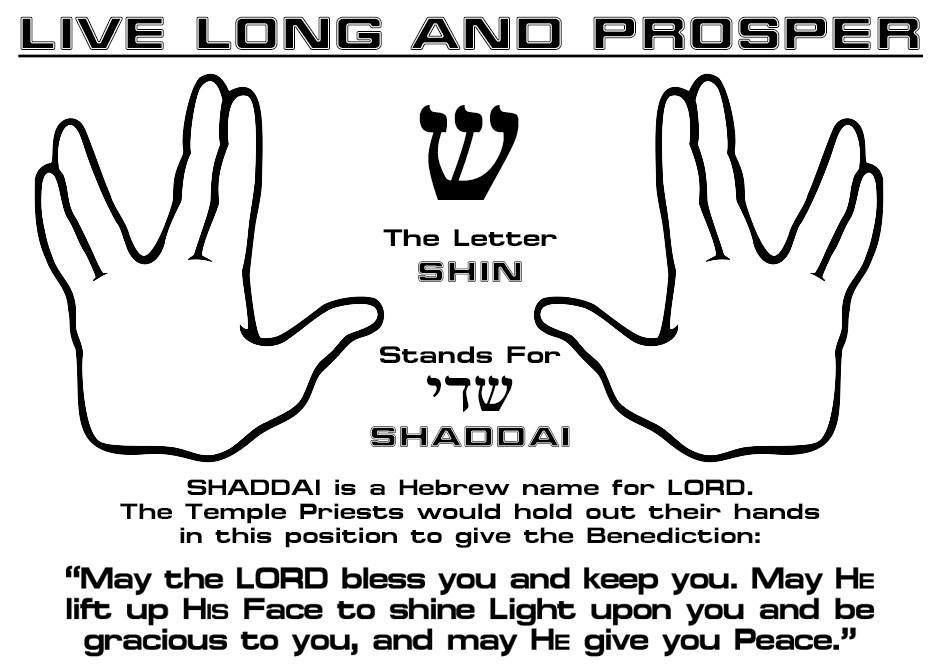
And you are going to put on your dancing shoes later on.
ואתם הולכים לנעול את נעלי הריקוד שלכם יותר מאוחר.
I'll bet your mom made you take ballroom dancing.
אני בטוחה שאימך שלחה אותך ללמוד ריקודים סלוניים.
This is a song I can't hear without dancing.
זו מוזיקה שאנשים לא יכולים לשמוע בלי לרקוד.
My agent said that it wasn't a dancing part.
הסוכנת שלי אמרה שזה תפקיד שלא כולל ריקוד.
Who would take you dancing and never even look at another woman.
שייקחו אותך לרקוד ואף פעם לא יסתכלו אפילו על אישה אחרת.
See how he keeps dancing until all his strength is gone.
ראו איך הוא ממשיך לרקוד עד שכל כוחו יתכלה.
Ksomy loves dancing and does not miss a single chance to do it.
קסומי אוהבת ריקודים ולא מפספסת הזדמנות אחד לעשות את זה.
The second part of the show was all dancing.
הישורת האחרונה של המופע הייתה כולה ריקודים.
Before, I was dancing in my room alone.
דבר ראשון התחלתי לרקוד לבדי במשרד שלי.
Not sure you're doing any dancing in the next month.
לא בטוח שאתה עושה כל ריקוד במהלך החודש הבא.
After dancing for many years I found my body badly injured.
אחרי הרבה שנים של ריקוד הבנתי שהגוף שלי קצת נפגע מזה.
Others chose dancing or painting, or making music like we just heard.
אחרים בחרו בריקוד או ציור או בכתיבת מוזיקה כמו זו שעכשיו שמענו.
Slow dancing with a woman without me breathing down your neck.
ריקוד סלואו עם אישה בלי שאני נושם לך על הצוואר.
Possibly inappropriate content
Examples are used only to help you translate the word or expression searched in various contexts. They are not selected or validated by us and can contain inappropriate terms or ideas. Please report examples to be edited or not to be displayed. Rude or colloquial translations are usually marked in red or orange.
Please report examples to be edited or not to be displayed. Rude or colloquial translations are usually marked in red or orange.
Register to see more examples It's simple and it's free
Register Connect
Jewish songs hits and whales
Ask any person on the street: what Jewish songs can he name? The answer is predictable: “Hava nagila”, “Seven forty”, “Tum Balalaike”. But how many of us know when and by whom these songs were created, what they say, in what language - Hebrew or Yiddish - are they written? For answers to these questions, we went to visit a well-known connoisseur of Jewish music, in the past - the keeper of the record library of the Institute of Judaica Vera Knorring.
What is considered a "Jewish hit"?
Hit is a relative concept. Probably, one should name such qualities of a song as its popularity, demand: what is most often performed at holidays, concerts, what is most often recorded. In another way, we can stop the first three people we meet on the street and simply ask the question: “What Jewish songs can you remember?” I assure you they will all name the same set. In the first place, of course, will be “Hava Nagila”, then, of course, they will remember “Tum-Balalaike”, and, I believe, in last place will be the famous song called “Seven Forty”. As for me personally, my experience of working in the library of the Institute of Judaica makes me remember that there is not only a rich layer of folklore songs, but also author's songs, in both Jewish languages, in Hebrew and Yiddish. Not to mention Naomi Shemer, the famous Israeli songwriter. She, in particular, is the author of such hits as "Golden Jerusalem", "About everything about this" and many others. nine0005
In another way, we can stop the first three people we meet on the street and simply ask the question: “What Jewish songs can you remember?” I assure you they will all name the same set. In the first place, of course, will be “Hava Nagila”, then, of course, they will remember “Tum-Balalaike”, and, I believe, in last place will be the famous song called “Seven Forty”. As for me personally, my experience of working in the library of the Institute of Judaica makes me remember that there is not only a rich layer of folklore songs, but also author's songs, in both Jewish languages, in Hebrew and Yiddish. Not to mention Naomi Shemer, the famous Israeli songwriter. She, in particular, is the author of such hits as "Golden Jerusalem", "About everything about this" and many others. nine0005
But it so happened that in Russia, where, in fact, the tradition of studying Jewish folklore was started, the most popular are those songs that connect the current generation with their distant ancestors, with their tradition.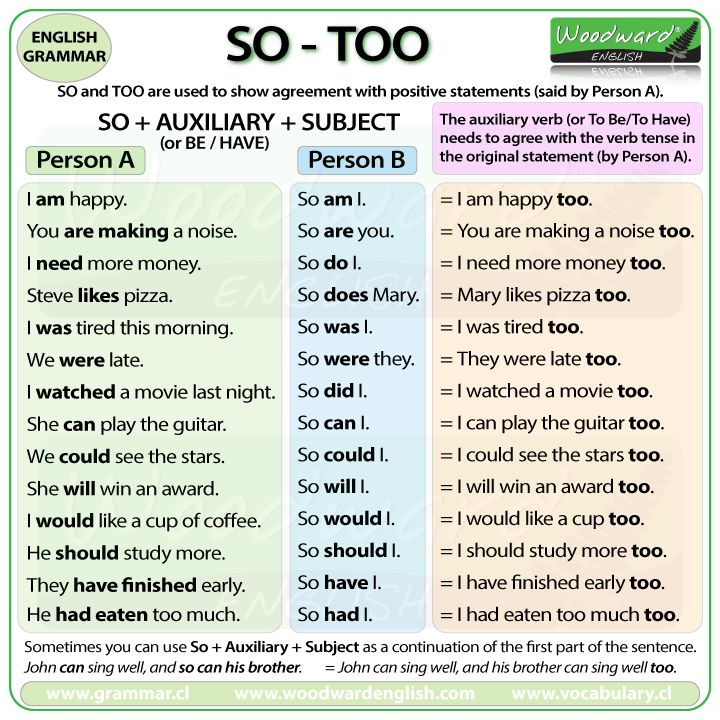 That is why we are returning to our three hits - "whales". These are Khava Nagila, Tum-Balalaike and Seven Forty.
That is why we are returning to our three hits - "whales". These are Khava Nagila, Tum-Balalaike and Seven Forty.
Hava Nagila
This song occupies a leading position in the list of hits, at least in terms of the time of creation. It is believed that it was written during the time of the Second Temple. But this is nothing more than a legend, because it was recorded for the first time in 1915 year folklorist Idelson. And it was created half a century before by an unknown klezmer, that is, a Jewish folk musician, who, apparently, was close to the circle of Hasidim of the Sdogor dynasty. This dynasty contained a whole court, the staff of which included musicians. There, most likely, as studies of folklorists have shown, the “Hava Nagila” was first sung. This is a Hasidic song that talks about how good it is to rejoice with the heart. Actually, this is its meaning, and joy in this case refers to the very fact of human existence and to the joy of endless communion with the Almighty in prayer.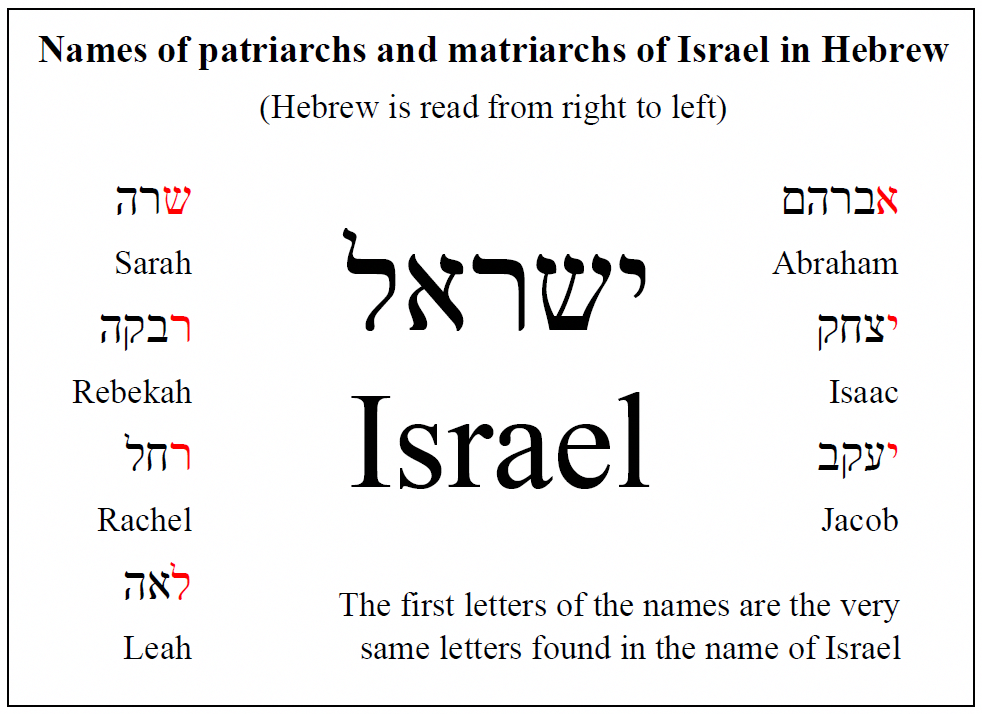 This is one of the hallmarks of Hasidism - the idea that such joy is common to all Jews. How this song began to exist is also a question covered in legends. One of these legends says that this song was recorded on a gramophone by three rabbis, and this song was the first recorded in Israel in Hebrew. However, it is more likely to be spread by singing from the stage, so it was picked up not only by all of Europe, but also by Palestine. And there, people began to rejoice along with the chant of “Hava Nagila” and continue to do so until now. nine0005
This is one of the hallmarks of Hasidism - the idea that such joy is common to all Jews. How this song began to exist is also a question covered in legends. One of these legends says that this song was recorded on a gramophone by three rabbis, and this song was the first recorded in Israel in Hebrew. However, it is more likely to be spread by singing from the stage, so it was picked up not only by all of Europe, but also by Palestine. And there, people began to rejoice along with the chant of “Hava Nagila” and continue to do so until now. nine0005
Seven Forty
This song also has a long tradition. The fact is that this song is a freylakhs, a Jewish dance that is performed at weddings. In the old days, a festive dance was obligatory at weddings, in which most of the invitees and the newlyweds themselves participated. There are a lot of Freilakhs, they are all a little similar in rhythm and infinitely varied in melody. As for the song "Seven Forty", its canonical text still does not exist, and the title, as a rule, is associated with the schedule of railway trains. The fact is that when railways began to be built in Russia, they greatly changed the life of the Jewish town. The train schedule very often figured in the work of Sholom Aleichem. There is a legend that Jews were not allowed to be in large cities after eight o'clock in the evening - Jews could only come there on business, and, having completed those, they went home singing joyfully. nine0005
The fact is that when railways began to be built in Russia, they greatly changed the life of the Jewish town. The train schedule very often figured in the work of Sholom Aleichem. There is a legend that Jews were not allowed to be in large cities after eight o'clock in the evening - Jews could only come there on business, and, having completed those, they went home singing joyfully. nine0005
Tum Balalaike
This song has a different origin and is a product of a mixture of two cultures - urban Russian and native Jewish. Its original Jewish filling lies in the fact that this song is built in the form of questions and answers. This is very characteristic of Jewish culture in general, of Talmudic disputes, of questions and answers in conversations between a rabbi and his flock. In its “shell” it is a synthesis of Jewish folk song and urban romance, urban waltz. According to the compilers of the anthology of Jewish folk songs, published in our city several years ago, this song was first published in America in 1940 by Abi Elstein.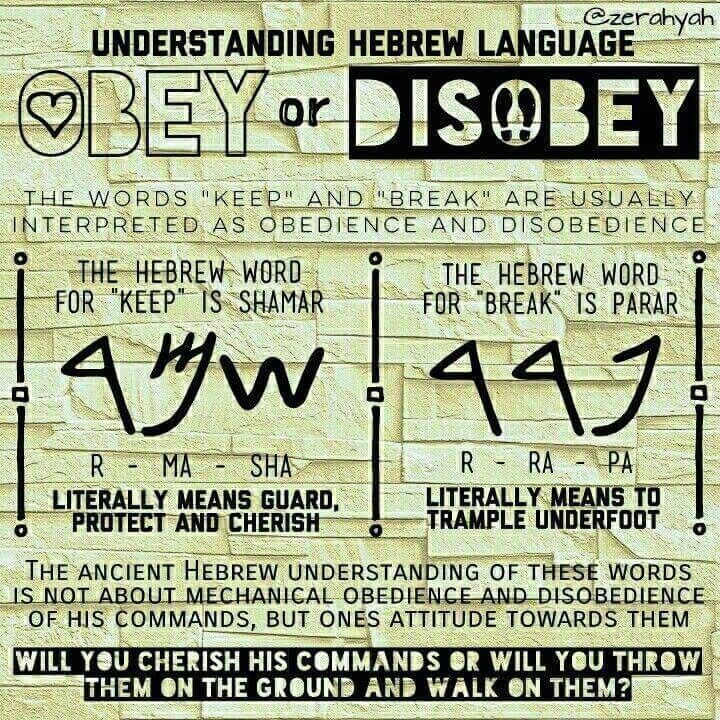 But there is no doubt that it appeared at the beginning of the 20th century and existed long before the First World War. The song is written in Yiddish. Many variants of her words are known. Our readers can be recommended to turn to the disk of the performer of Jewish folk songs and teacher of the Zaporizhzhya Jewish School Arkady Gendler.
But there is no doubt that it appeared at the beginning of the 20th century and existed long before the First World War. The song is written in Yiddish. Many variants of her words are known. Our readers can be recommended to turn to the disk of the performer of Jewish folk songs and teacher of the Zaporizhzhya Jewish School Arkady Gendler.
At the same time - about Evein Shalom Aleichem
I believe that this song is also Hasidic. The fact that it is written in Hebrew does not at all contradict the fact that it came from the milieu of, so to speak, small-town Jewry. The fact is that the Hasidim used Hebrew in the divine service, and they considered dance and melody to be one of the forms of divine service. "Eveinu Shalom Aleichem" was most likely born in the south of Russia, in the Kherson province, perhaps, because it has a very clear focus on the Odessa urban folklore. I think that it was created in the first half of the 19th century. nine0005
♦ ♦ ♦
Lyrics
Chava Nagila
(translated from Hebrew)
Let's rejoice, let's rejoice, let's rejoice and rejoice!
Let's sing, let's sing, sing and rejoice!
Wake up, wake up brothers!
With a joyful heart!
Seven forty
(One of the options.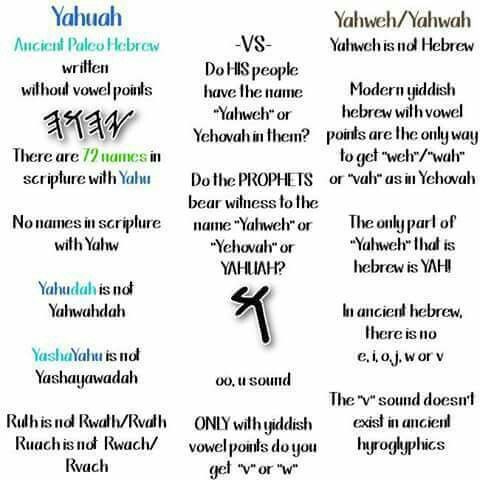 The first verse. The song was originally written in Russian)
The first verse. The song was originally written in Russian)
Again at seven forty exactly,
Again at seven forty exactly,
The train is leaving, our signal sounds.
We won't wait for anyone,
Hurry up, people,
Who didn't have time, sorry, I'm late.
Knock-knock wheels knock, Questions are heard around:
"Where are we going and where are we striving?
Tum balalaike
(translated from Yiddish)
According to A. Sigalov
The guy thinks all night long -
Is he taking the right girl for his wife? nine0005
You can fall in love and make a mistake…
If only you knew the truth in advance…
Chorus:
Tum-bala, tum-bala, tum-balalaika,
Tum-bala, tum-bala Laugh and sing.
Tum-balalaika, play to your heart -
Let it have fun with you.
Listen, girl, you answer me -
What can burn forever, forever,
What grows even in frost without rain,
What can cry, cry without tears?
Boy, I'll tell you in earnest :
A stone grows without heat and rain
Love is destined to burn forever,
One heart can cry without tears
Editor's note: this article was published on our "old" site in 2008. Given the great interest in the topic of Jewish melodies, we decided to move this article to a "new" site. Vera Knorring was interviewed by Anton Vorontsov
Given the great interest in the topic of Jewish melodies, we decided to move this article to a "new" site. Vera Knorring was interviewed by Anton Vorontsov
9 Channel TV - The speaker's dance on the eggs, or a performance on the football field (Walking with Hebrew)
The European Union refused to condemn Israel for the detention of the provocative flotilla. "Birushalaiim heviu korat ruach mi-hahalatato shel ha-yihud lo-leganot et Israel". In Jerusalem, they expressed "Korat Ruach" by the decision of the European Union. What can "Korat Ruach" mean? From the context unequivocally - "satisfaction". The way it is. nine0005
In the Yediot Haharonot newspaper, my attention was drawn to an article under the heading: "Rivlin oleh al beycim." It says that Knesset Speaker Ruby Rivlin intends to oblige the parliamentary buffet to purchase from suppliers only those eggs that are laid by "free chickens", those that run merrily around the yard, and do not sit in cramped cages, like in a punishment cell.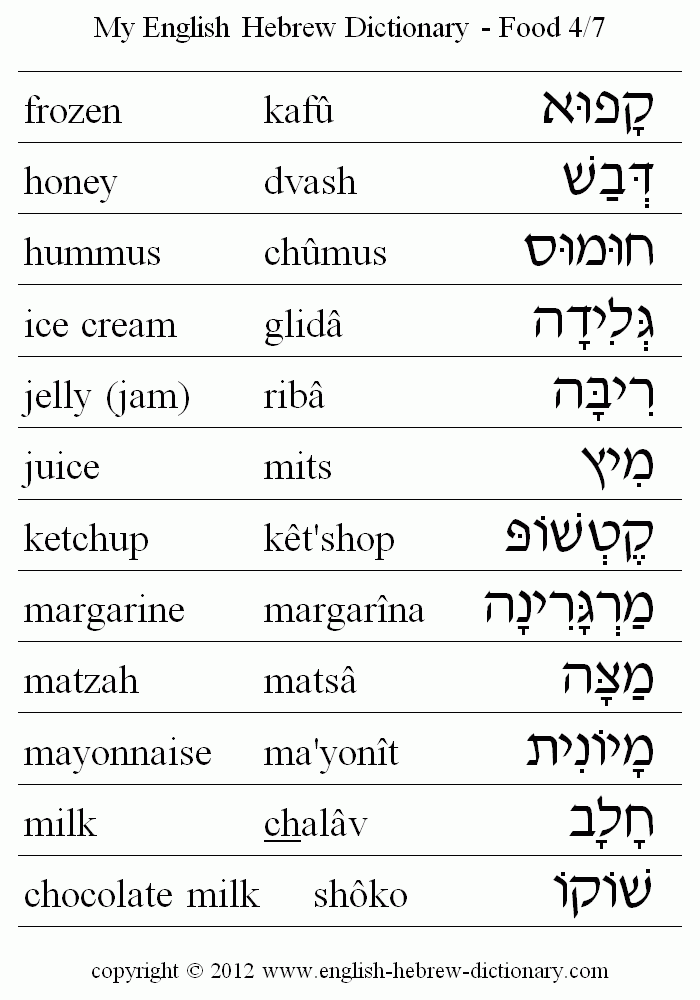
In general, the expression "lalekhet al beycim" means to act with extreme caution, prudently - as if you are walking on the balls, and any sudden movement will lead to disaster. "Lalehet al Beycim" can also be understood as follows: "choose eggs." What will you want - an omelet or a cutlet? "Ani oleh al beycim" - I choose eggs. The phrase "my attention was drawn to the article" in elegant Hebrew is "sipur, she-tsad et eini" ("tsad" - "obtained in the process of hunting", "tsayad" - a hunter). In order for the article to attract attention, you need to choose a good title for it. Newspaper materials are often called "sipur", a story, a story. nine0005
From conversations with Israelis. When my car stopped at Ayalon due to a problem with the water-cooling system, I called for a "grar" (tug). The tug driver lowered the skids to the ground and intended to sit behind the wheel instead of me and drive onto the trailer. "I'm on my own," I refused him, and under his alarmed gaze, I dashed into the truck, stopping my Ford exactly in the middle.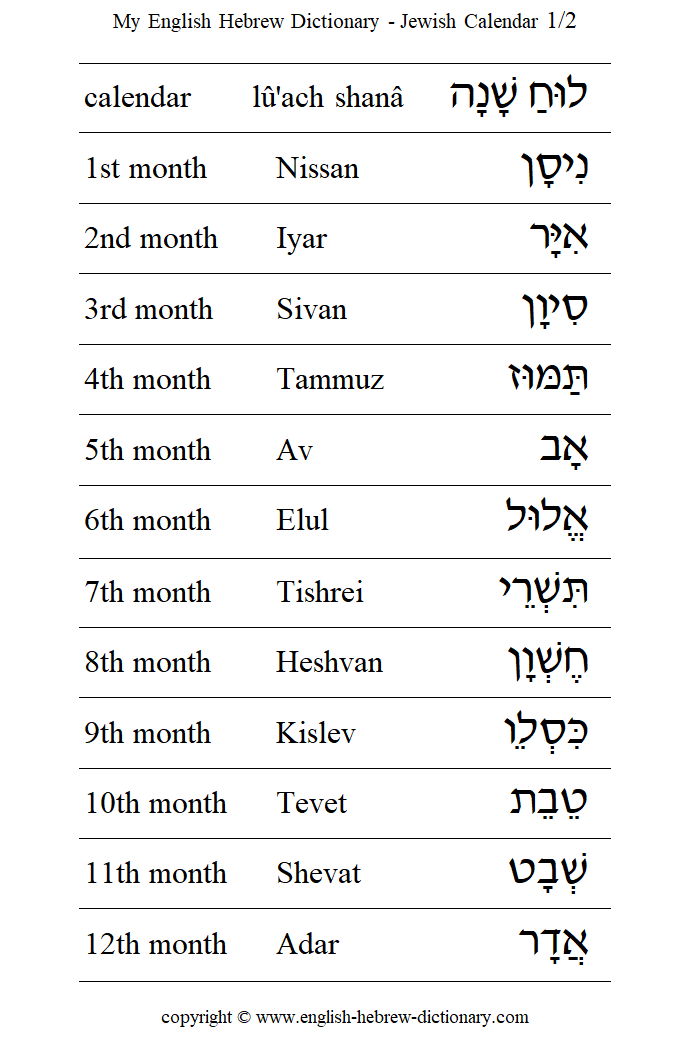 "Well, how did I cope with the task?" I asked triumphantly. He replied: "You are better than everyone else."
"Well, how did I cope with the task?" I asked triumphantly. He replied: "You are better than everyone else."
The next day I had to give a description of the employee, I said that he was trying very hard, making great efforts. There was a problem in my service, I generously said at the five-minute, "I'll take care of it." nine0005
Choose your Hebrew expressions for the dialogues for now, and my answers at the end.
*
Football World Cup! How can we get around this topic? Alon Mizrahi on Ynet comments on the 18th final matches in an article titled: Bunkeristim ha-bayta! You don't have to read the article, it's clear what he wants to say. "Bunkeristim" - these are teams that have gone into a dead defense, do not attack, they sit like in a bunker in their own half of the field. All such teams lost and went home long before the end of the championship. nine0005
The preliminary matches for reaching the one-eighth finals are called in Hebrew "shlav ha-batim" ("stage of houses").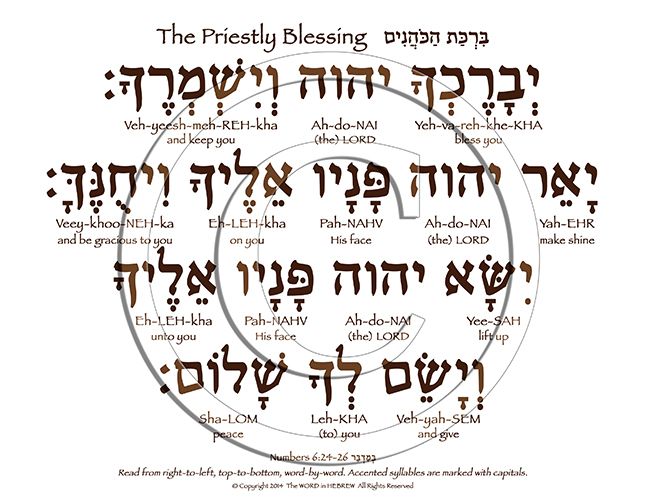 "Batim" is the name in Hebrew for groups of four teams that compete for two tickets to the playoffs, one eighth of the final.
"Batim" is the name in Hebrew for groups of four teams that compete for two tickets to the playoffs, one eighth of the final.
As in any language, there are clichés in Hebrew related to football. I once cited one of them: "Kaha lo bonim homa!" (They don't build a wall like that!) - TV commentator Yoram Arbel exclaimed, and the phrase became catchy. It is for the Israelis the same as for the Russians the famous phrase of Lev Ozerov "We don't need such hockey!". Arbel exclaimed this when the player easily broke through the “wall” built by rivals and scored the winning goal. nine0005
"Le-derby hukim mi-shelo" (Derby has its own laws) is said whenever two teams from the same city meet (such a match is called a "derby"). Thought: even if these teams are completely different levels, the fact that this is a derby can lead to completely unexpected results, and an outsider may well crush the favorite.
"Kaduregel mesahakim 90 dakotas" ("Football is played for 90 minutes") - the commentators teach the team, which by the end of the game relaxed, having decided that the game was over, and unexpectedly missed two beacons.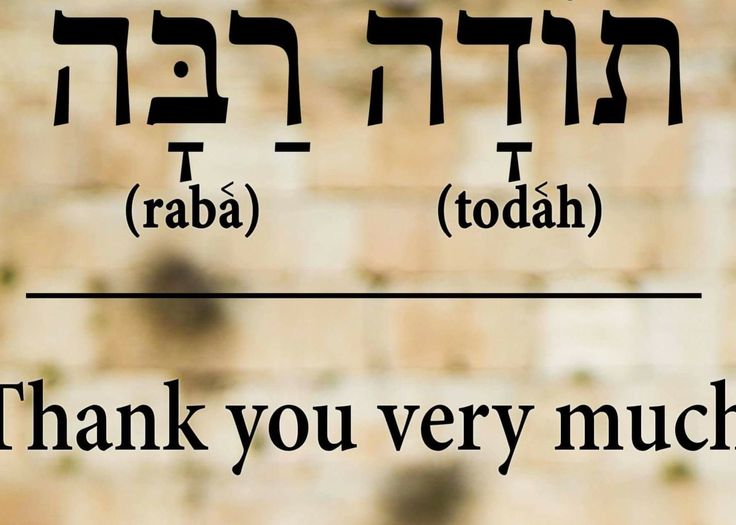 The fact that the expression "ba-daka ha-tishim" with the meaning "at the last minute" has already gone far beyond the scope of sports, I also wrote in the past. Our friends bought a cheap trip to Barcelona on a last-minute travel site called "Ba-daka ha-tishim". nine0005
The fact that the expression "ba-daka ha-tishim" with the meaning "at the last minute" has already gone far beyond the scope of sports, I also wrote in the past. Our friends bought a cheap trip to Barcelona on a last-minute travel site called "Ba-daka ha-tishim". nine0005
"ha-kadur hu agol" ("round ball") - this is how cautious commentators who are asked to predict the result of tomorrow's match evade a direct answer. That is, the field is flat, the ball is round, it is not known where it will roll and how else everything will turn out.
When the teams of England and Germany are drawn at international championships, some sports journalist always uses the words "Dam, yeza u-dmaot" - "blood, sweat and tears" in the title of the article. The famous words of Winston Churchill from his famous address to the nation after the outbreak of World War II, in which the British Prime Minister said that the war against the Nazis would not be easy, a lot of blood, sweat and tears would be shed.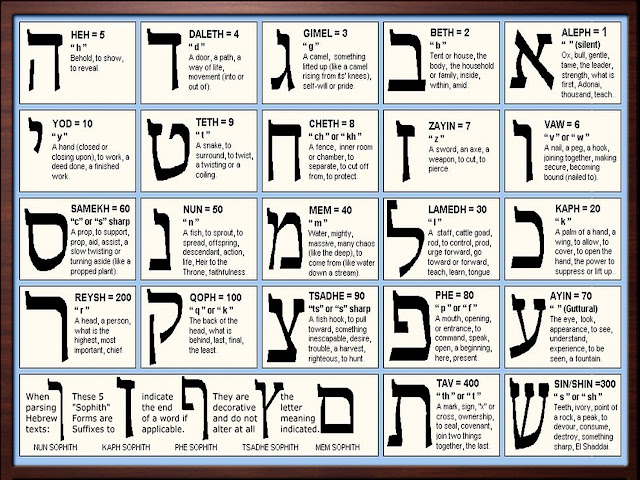 About Stalin's similar speech, containing the slogan "Our cause is just, we will win," in Israel, perhaps only a few know, Churchill's speech was heard by many. nine0005
About Stalin's similar speech, containing the slogan "Our cause is just, we will win," in Israel, perhaps only a few know, Churchill's speech was heard by many. nine0005
The previous world champion, the Italian team, performed very badly in this competition. Commentators say that Italy no longer has new personnel, the youth team does not look better. Italy will have to "leazreah sahkanim mi-hul". If we look closely at the root of the word "leazreah", then we recognize there the familiar "ezrah", a citizen. So, it is advised to give citizenship to good foreign players. (Legionnaires have no right to play in the national teams). By the way, in Hebrew football is played "sakhkanim", as in the theater, in the cinema. In Russian in sports - "players", and in bohemia - "actors, artists". Hebrew is more precise: look at the performances played on the field by football players, pretending to have received a strong blow to the leg; until they extort a free kick from the referee, they will not stand up.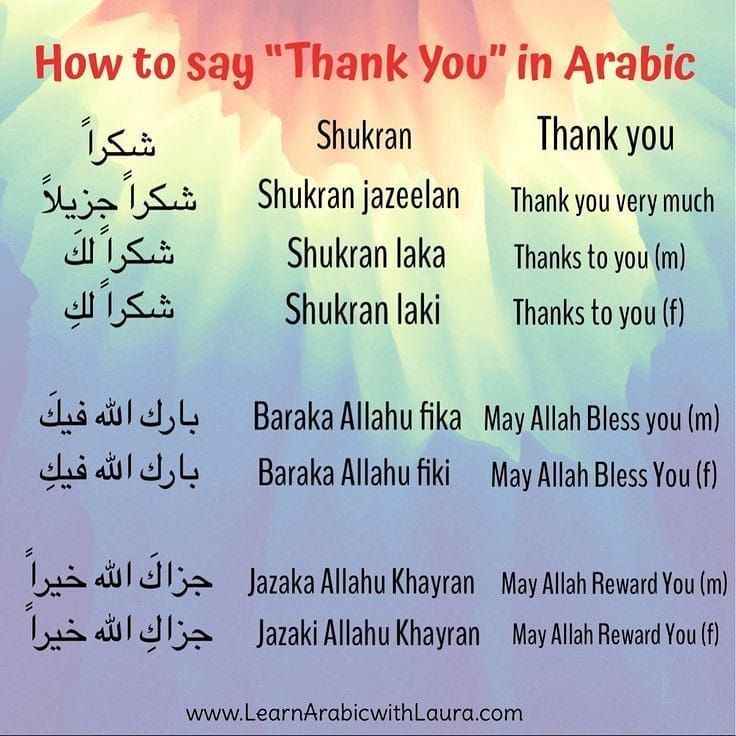 Although Russian is not a miss for them - after all, they are players in football and in the casino. In Hebrew, a casino player is "mehamer". nine0005
Although Russian is not a miss for them - after all, they are players in football and in the casino. In Hebrew, a casino player is "mehamer". nine0005
Avshalom Kor, editor of the radio station "Galei Tzahal" and a brilliant expert in Hebrew - an ardent opponent of foreign words clogging the language. He condemns the Israelis' total use of the word mondial. "Let's learn from other peoples," he urges. "The British, the Germans, the French - they all call this major sporting event in their languages, some - "World Cup", others - "Championship". And we must do this - either " Gviat ha-olam", or "alifut ha-olam be-kaduregel".
A few more words that you need to know in order to understand the reports from the championship. "Shaar" - a goal, and the gate. But when the commentators need to shout at the top of their voices: “Go-o-o-l!”, They shout this international “goal”. "Nivdal" - the position "offside" (when the player is closer to the opponent's goal than all the opponents - "be-matsav nivdal").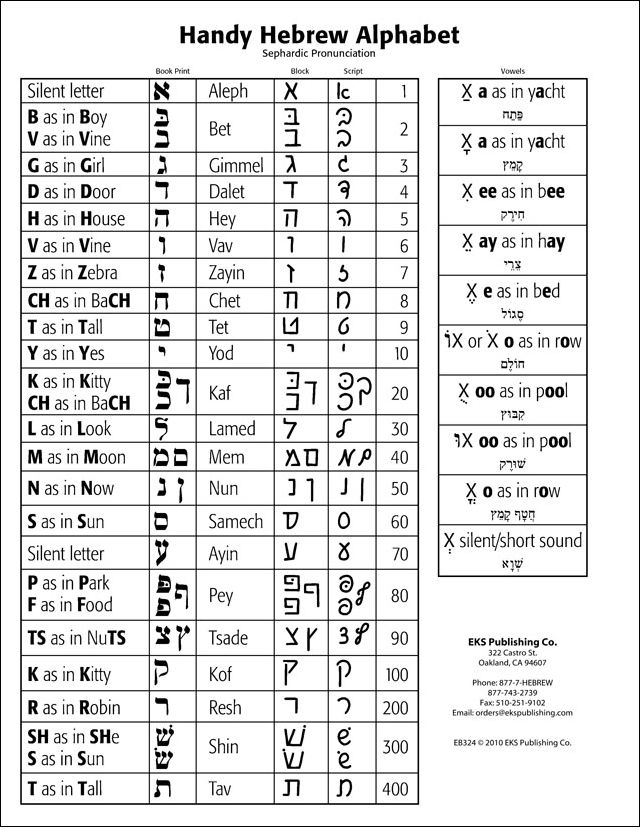 A blow to the head is "negiha", a kick is "beita". Corner (corner) - this is "Keren", and "corner punches the Germans" - "Keren le Germanim".
A blow to the head is "negiha", a kick is "beita". Corner (corner) - this is "Keren", and "corner punches the Germans" - "Keren le Germanim".
It is not enough to know the standard words "nitscha" (won) and "hefsida" (lost). Brazil defeated Chile: "Brazil hevis et Chile". "Tvusa" - defeat. In politics, "Tvustanim" are defeatists. Holland played more modestly, so Holland Havre al Slovakia won. nine0005
בונקריסטים – הביתה! * שלב הבתים. * כך לא בונים חומה! * לדרבי חוקים משלו*
וקה התשYPם * הכèור הוא ωוYNlf * ONם, יז wood * לאזרח שחinder מחו"lf * אזרח * מהמר * גביnk הinous * *
אליפות ה canne 12 בכuction & # שmon * inous * במצו inous βגיחה * work * קרן * קרן לגרמinder * βצה * הXYCYCON *
ברזיל הביסה את צ'ילה * תבוסה*
I overheard on the radio, I don't remember which European country it is in: the young king, a famous bon vivant and playboy, decided "lehitmased". Verb from the word "mossad". He decided to work for the Israeli Mossad? No. He finally found himself a woman with whom he will go to the appropriate institution ("Mosad") to formalize the relationship.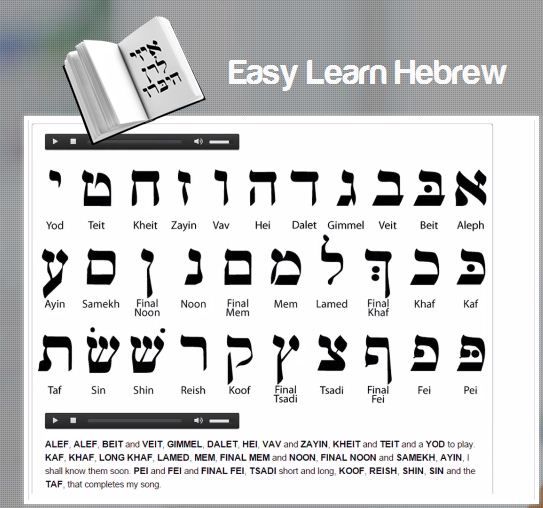 In a word, I decided to settle down. nine0005
In a word, I decided to settle down. nine0005
My options for the first paragraph: instead of the long "Well, how did I do it?" I briefly threw: "Eyh ani?". My interlocutor was also brief: "Ein aleiha." About the diligent guy, I said: "hu mashkia." Literally - "invests, invests." Often used in the situations I described. That person really gave all the best at work. How to say "I'll take care of it"? I confess that I did not use the most successful word, I did what all of us neophytes do - I subconsciously translated from Russian: "Ani aasok ba-ze." My boss was delighted and immediately repeated (but his phrase was typically Hebrew): "Ken, tetapel ba-ze." To do something, to solve a problem - "flying". And a person who always volunteers to solve problems at work is called "rosh gadol", initiative. Its antipode is "rosh katan", living under the motto "my hut is from the edge." I advise you to be "rosh gadol". And at the same time I advise you to use the word "mamlitz" (recommend) more often than "meyaets" (advise).
